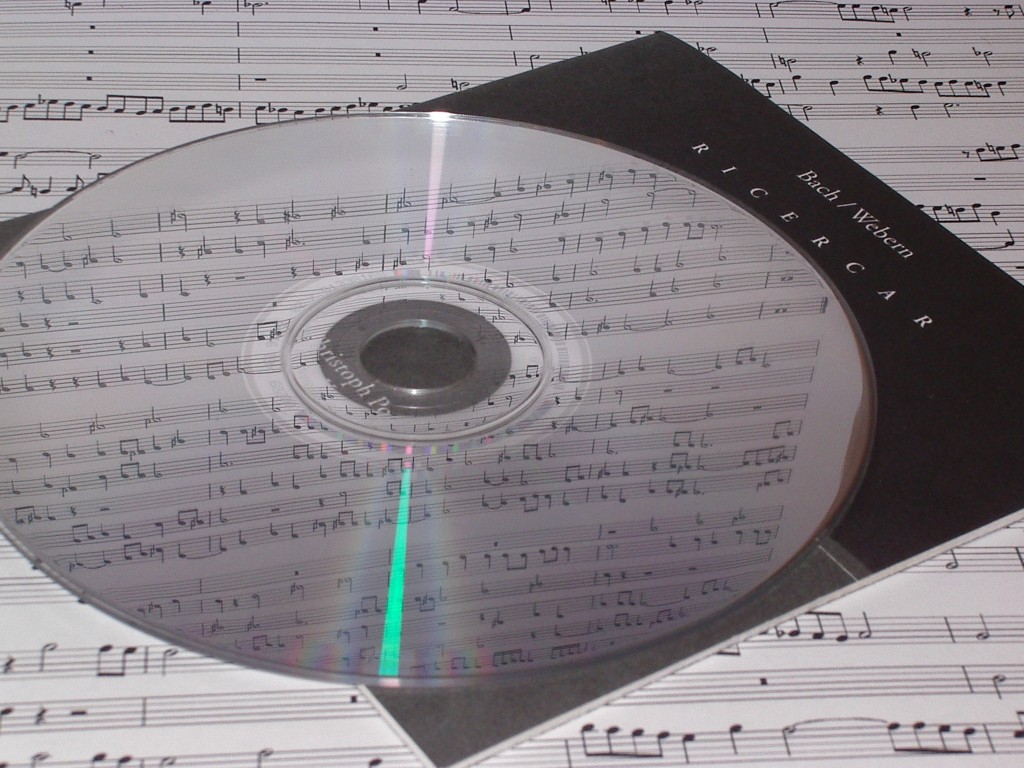Back in the 20th century, it was one of the duties of public schools to introduce people to classical music. In fourth grade, we dutifully trekked to Constitution Hall in downtown Washington to hear Howard Mitchell conduct the National Symphony Orchestra in a program that I dimly recall included some Tchaikovsky. I don’t think I started enjoying classical music that day, but the schools deserve some credit for trying to introduce us to great art.
I gather the schools do much less of that these days, where the primary emphasis is on making sure students pass standardized tests. But let’s suppose you are new to classical music and want to see what it is like. First you have to go downtown and pay super-high parking rates. Then you get to the concert hall and discover that the conductor has dressed for dinner at Downton Abbey.
Then you hear the music—an overture, a concerto, and a symphony, all of which were written before 1900. You don’t know the hidden rules—that you’re not supposed to applaud between movements, for example. You don’t know if the orchestra is performing superbly or is having an off night.
The audience, of course, all have white or grey hairs. There’s no one under age 40 in attendance, or possibly under age 50. Worst of all (and this happened to me at the National Symphony once) is when you sit in front of some seniors who are that the age when they just don’t care and don’t realize that when they chatter during a performance, other people can hear them.
Here are stories of two nonprofits that are trying to change and expand the audience for classical music.
The first is Groupmuse. According to Caroline Baxter, writing in the Washington City Paper, Groupmuse was founded by Sam Bodkin in 2013, and now operates in 20 cities. The idea is that if you want to have classical musicians in your apartment, you contact Groupmuse, and they make arrangements to send some musicians. You can specify what sort of musicians you want (“’no brass’” is an option for people in thin-walled apartments”). They play two 25-minute sets, and the host collects $10 at the door.
Bodkin says that Groupmuse is needed because “people in the rising generation have lost faith in institutions,” and holding concerts in homes is the best way to get Millennials to listen to classical music. Groupmuse gives gigs to young people, who badly need them, and gives the audience a chance to ask the musicians questions. But at 50 minutes, the concert is far too short, and it’s far from clear that listeners to these tasty classical nuggets will go to the concert hall.
A second organization, that started operations in 2014, is the Future Symphony Institute. Emails with the founder of the institute, Andrew Balio, leave me with the impression that their goals are somewhat inchoate, except that they held a conference in 2014 and want to serve in some way the interests of classical musicians who are conservatives.
Associated with the institute is Roger Scruton, a philosopher now affiliated with the Ethics and Public Policy Center, who has written extensively on aesthetics, and has also written opera libretti. Scruton is a formidable figure; there is no greater champion of the traditional virtues of the West than he.
I’m not one to tell the leaders of the Future Symphony Institute what to do, but if I was in charge of a nonprofit devoted to promoting and preserving the classical music tradition, this is what I would do.
- I’d try to have the organization be the key place where conservatives who love classical music would go to be part of a community promoting and advancing new ideas in classical music. You could have a website—Classical Music Daily? —where people could regularly read reviews and news and learn about composers whose works they should know.
- The most important task of such an organization is to fund new work. They should be the organization that funds the first symphonies and concerti of young composers whose work is tonal, heroic, and life affirming. They should also support the recording of these compositions.
- The organization should be traditional, but not political. I know more about classical music than most people (but less, of course, than professional musicians) but I know very little about the politics of the great composers. I know of no case where a conservative composer stuck it to his patron the way that Diego Rivera did to the Rockefellers. Perhaps this is because music, as a non-representational art, is less politicized than painting. But this nonprofit should be open to liberals of good will who support traditional classical music.
I wish both Groupmuse and the Future Symphony Institute well. Any organization that expands the audience for classical music should be commended.
P.S. Greg Sandow has a blog whose main theme is how classical music should adapt and thrive in the 21st century. I also recommend the works of Stefania de Kenessey, a leader in the Derriere Guard movement of the 1990s. De Kenessey, who teaches at the New School, most recently wrote the music for an opera based on Tom Wolfe’s Bonfire of the Vanities that had its premiere in October. Some blogger once declared her “reactionary composer of the week,” which I would take as a badge of honor.







Please check out young tenor Jonathan Antoine. Because of him my children, ages 13, 17, and 21, are enjoying classical music and opera for the first time.
Wonder what today’s equivalent of Leonard Bernstein’s Young People’s Concerts would be? They were a great help to me 50 years ago.